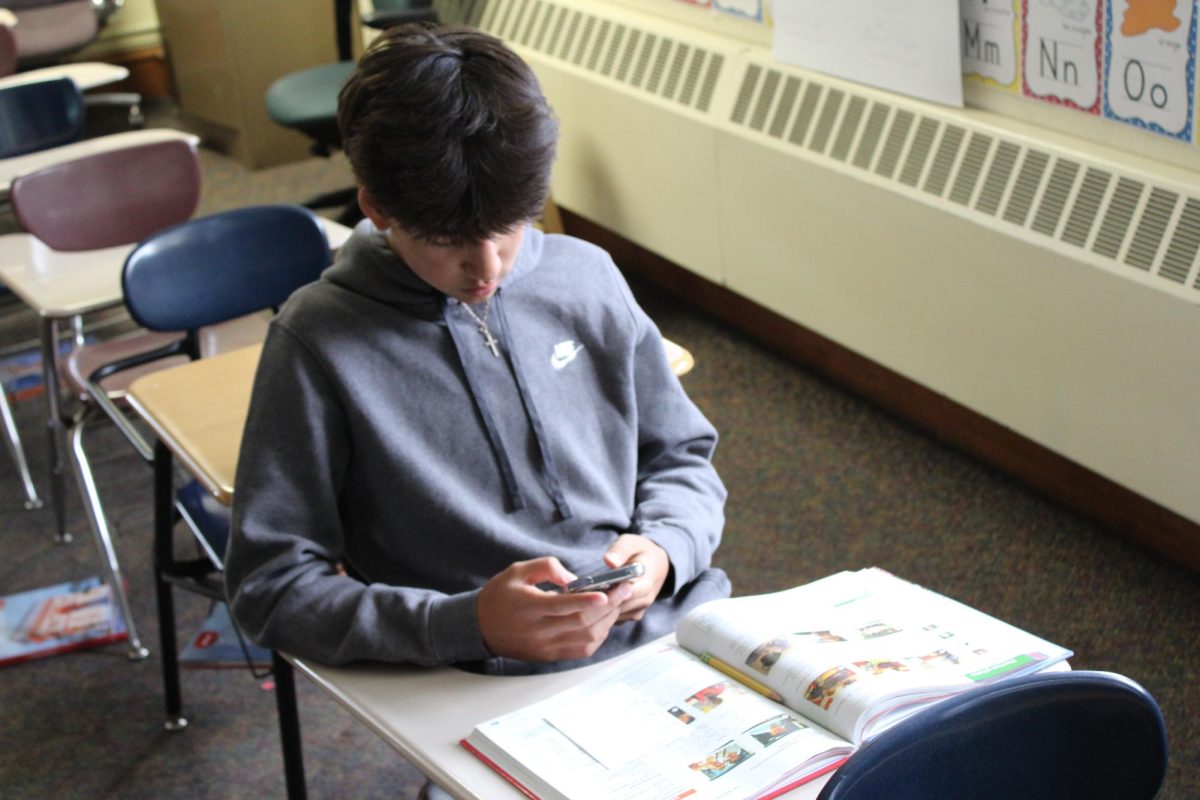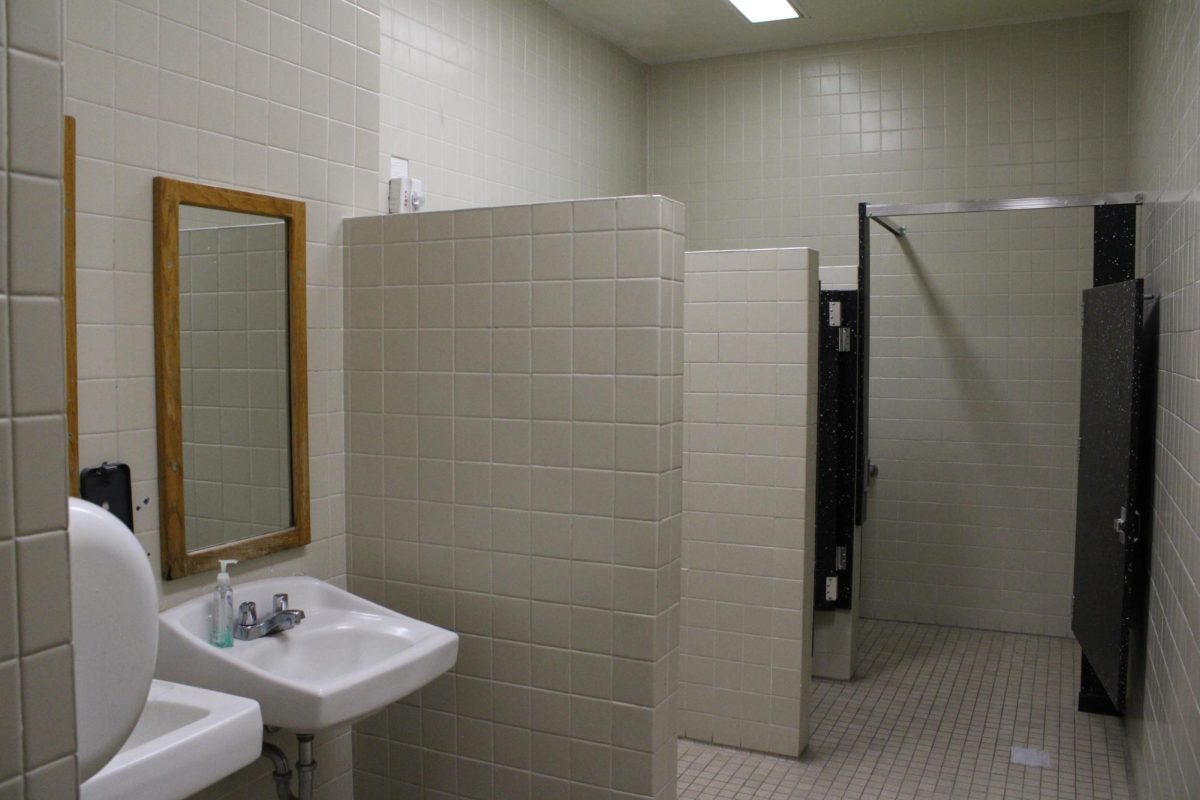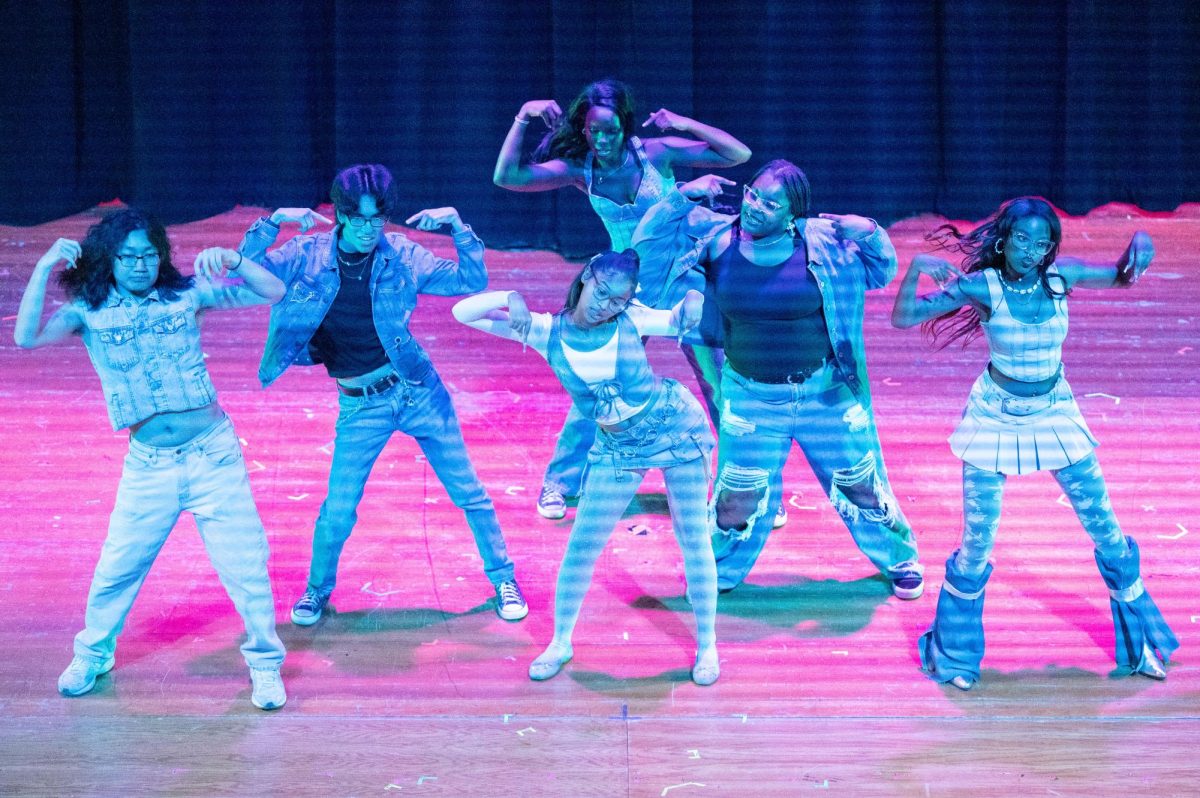Students going through a rough patch may not be aware that there’s a resource available to them at the school. On the second side of the first floor, there is a door that leads to the office of Central’s one and only social worker, Dawnna Hill.
When consulting the National Association of Social Workers – an association of 120,000 professional social workers – standards, there should be one social worker for every 250 students, according to Hill.
“That would mean about 10 social workers would be groovy and gravy,” she said. “Even if we could get another person to help support the students, that would bring me relief just because I know I can’t catch and see and help and serve all the people.”
According to a study led by John Hopkins Bloomberg School of Public Health, it was found that overall, 21.8% of children aged 3 -17 have one or more mental, emotional, or behavioral conditions assessed. When the amount or severity of risk factors increased, the study showed a correlation in the rise of rates of mental health conditions for children.
Hill takes on the responsibility of those 10 people to the best of her abilities. Hill has been a social worker at Central since the fall of 2010. Prior to her time at the school, she did some work out in the field beginning in 2003. She’s had experience as a project director for a substance abuse coalition where she did grant writing and personnel development, and before that worked as a mental health practitioner at the Nebraska Correctional Youth Facility, where she did individual and group therapy.
Hill considers her experience in these various roles helpful to how she handles situations at Central.
“So, something here at this school that we have to be mindful of is…how we can navigate and communicate with each of these systems so that people’s needs are met,” Hill said.
Now at Central, her role is more about response. This ranges from tangible support to safety issues such as mental health or family issues like homelessness or domestic violence.
Although she is a licensed therapist, most of her position revolves around “assess and refer and connect,” the procedure of ensuring students get connected to long-term resources. Her role isn’t only individual assistance, though.
Hill supports the teen parent program, making sure anyone who is pregnant or parenting has everything they or their baby needs. She is also the sponsor of the Nest. In 2013, a student had the idea to create a closet where students could access basic needs and resources. One was built in the Central basement and since then, Hill has overseen it. It provides clothes, winter wear, shoes, toiletries and school supplies. The Nest provides students with anything they need, allowing them to focus on their learning while at school.
Hill’s favorite part about her role is the students.
“I love working with young people, [they] just keep me young, make me laugh,” she said. “It’s joyful for me to be able to connect to young people who have great spirits and really are incredibly resilient.”
Being the only social worker in the school means more responsibility for Hill while she takes on a job meant for multiple people.
“I do feel the weight and the burden of that responsibility,” she said, “[but] I obviously also know that I am one person and I’m just going to do the best that I can and try to do things all the things within my power.”
For now, she believes the best they can do is see how to respond to the needs of the community. Things like making the Nest more sustainable long-term and bringing in practicum students to help with the workload are some of her current goals. Hill plans to retire in 10-12 years, and by then she hopes to have solid things in place for someone else to pick up then.
“I’m here to serve, I’m here to help people, I’m here to try to bring relief and make things better,” she said. “That does require a greater community, and Central has been really wonderful from the parents to the community members [and] I look forward to continuing to partner with them.”
















